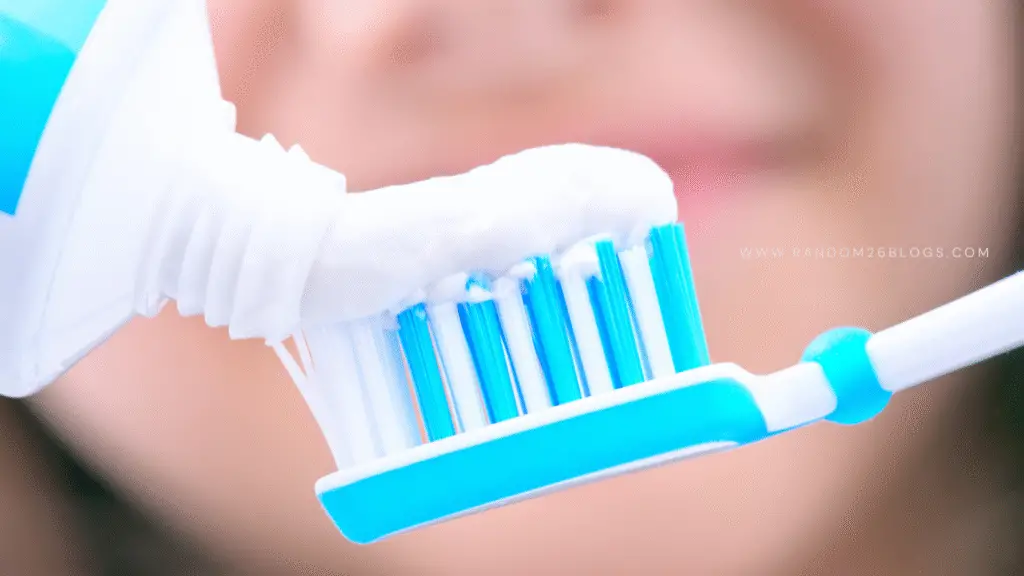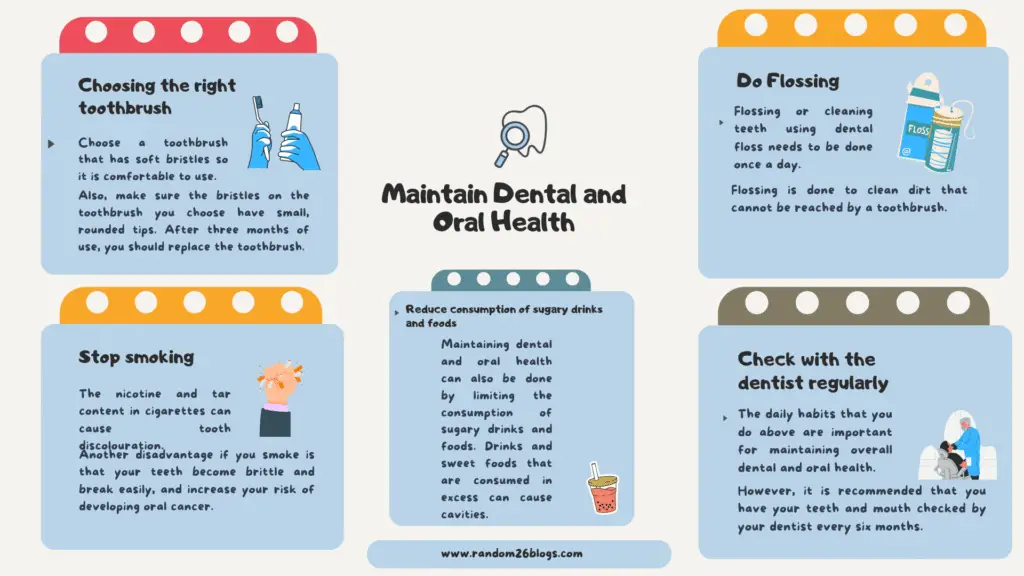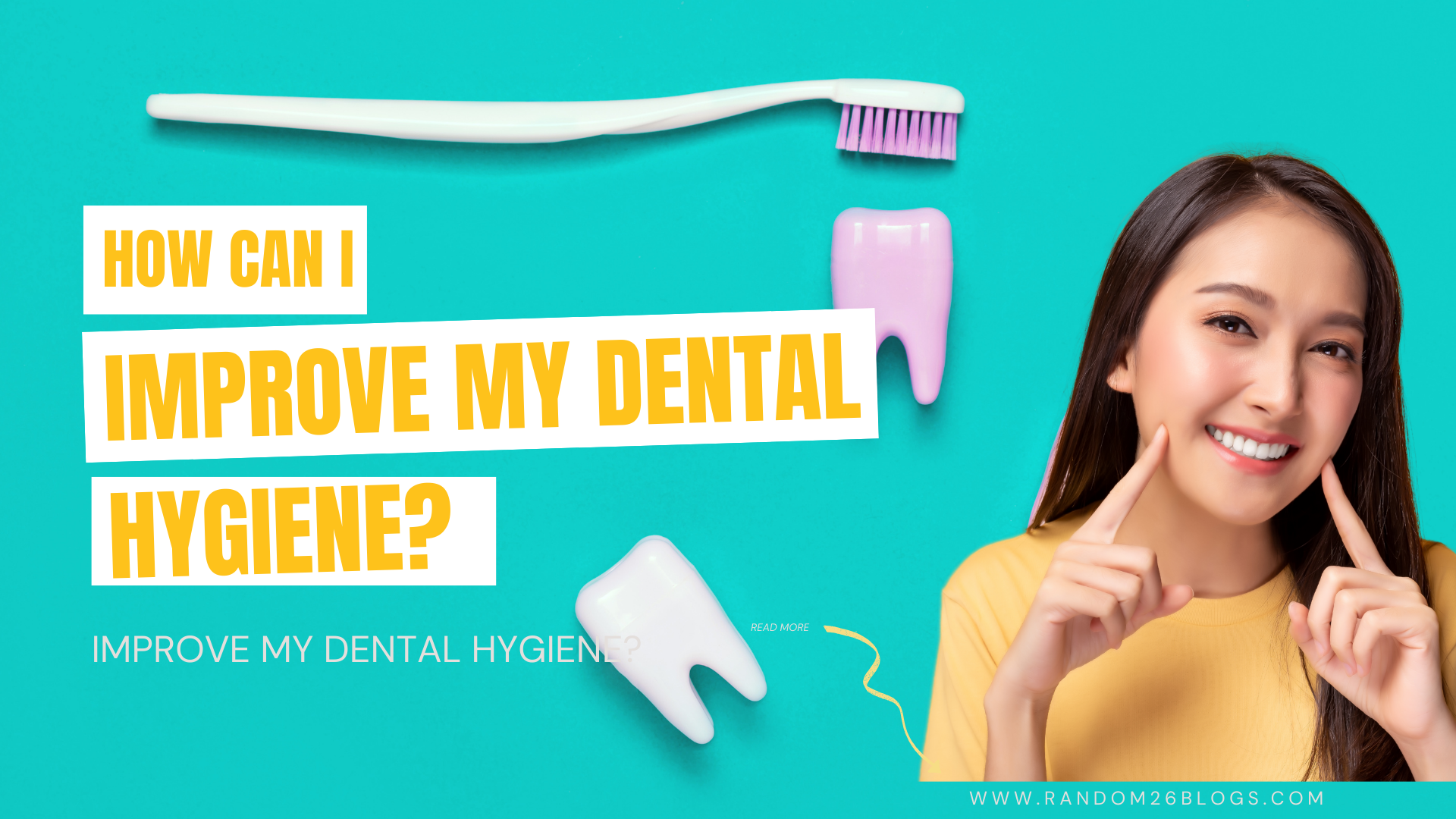Discover the daily oral hygiene routine you shouldn’t skip for a healthy smile! Learn about brushing, flossing, mouthwash, and why dental checkups matter.
A bright, healthy smile starts with consistent daily habits. While most people know the basics of oral care, skipping even one step can lead to plaque buildup, cavities, or gum disease. In this guide, we’ll break down the non-negotiable daily habits for clean teeth and fresh breath—plus why they’re critical for long-term dental health.

1. Brush Twice Daily: Your First Defense Against Plaque
Brushing your teeth twice a day is the cornerstone of oral hygiene. Here’s how to do it right:
- Use a soft-bristled toothbrush to avoid damaging gums.
- Opt for fluoride toothpaste to strengthen enamel and fight decay.
- Brush for 2 minutes, covering all surfaces (front, back, and chewing areas).
- Replace your toothbrush every 3–4 months (or when bristles fray).
Pro Tip: Angle your brush at 45 degrees to clean along the gum line, where plaque loves to hide.

2. Floss Daily: Don’t Skip the Gaps!
Brushing alone can’t reach the 40% of tooth surfaces between your teeth. That’s where flossing comes in:
- Remove food particles and plaque hiding between teeth.
- Prevent gum inflammation and cavities in hard-to-reach areas.
- Use traditional floss, floss picks, or a water flosser for convenience.
Excuse Buster: “I don’t have time” isn’t valid—flossing takes just 2 minutes and saves you costly dental treatments later!
3. Rinse with Mouthwash: Boost Your Routine
Mouthwash isn’t just for fresh breath—it’s a powerful ally:
- Kill bacteria that cause bad breath and gingivitis.
- Choose therapeutic mouthwash with fluoride or antiseptic ingredients.
- Swish for 30 seconds after brushing and flossing.
Note: Avoid alcohol-based formulas if you have dry mouth or sensitive gums.
4. Visit Your Dentist Regularly: Prevention Is Key
Even with flawless daily habits, professional checkups are crucial:
- Schedule cleanings every 6 months to remove tartar (hardened plaque).
- Catch cavities, gum disease, or oral cancer early—when they’re easier to treat.
- Ask your dentist for personalized tips based on your oral health.
Did You Know? 90% of systemic diseases (like diabetes) have oral symptoms. Routine checkups protect more than just your smile!
FAQs: Quick Answers to Common Questions
Q: Can I skip flossing if I use an electric toothbrush?
A: No! Even the best toothbrush can’t clean between teeth.
Q: Is mouthwash a substitute for brushing?
A: Never—it’s a supplement, not a replacement.
Q: What if my gums bleed when I floss?
A: Bleeding often signals gum inflammation. Keep flossing gently, and see a dentist if it persists.
Consistency Is Everything
Your teeth are with you for life—so treat them right! By sticking to twice-daily brushing, daily flossing, mouthwash rinses, and routine dental visits, you’ll avoid painful problems and keep your smile confident. Bookmark this guide, set reminders, and make these habits second nature. Your future self will thank you!
Share this post with someone who needs a nudge to prioritize their dental health!🦷✨
daily teeth cleaning routine, oral hygiene habits, flossing benefits, best mouthwash for gums, dentist checkup frequency, how to brush properly.

